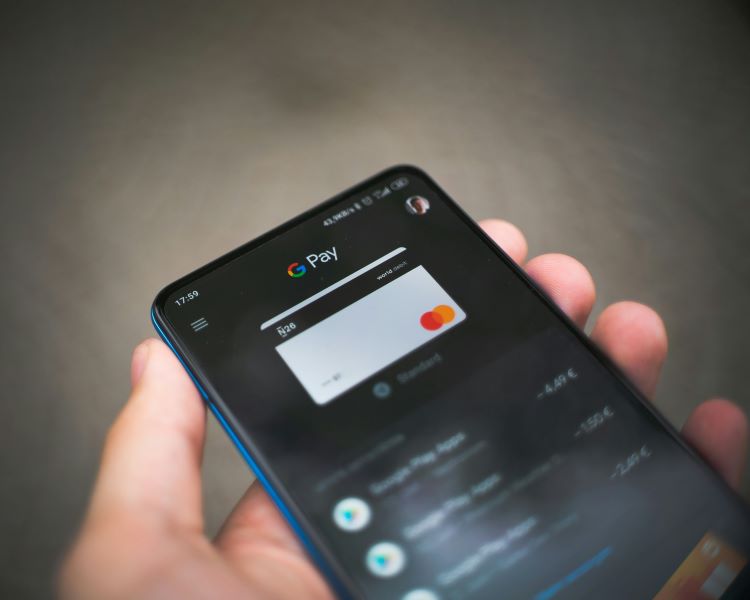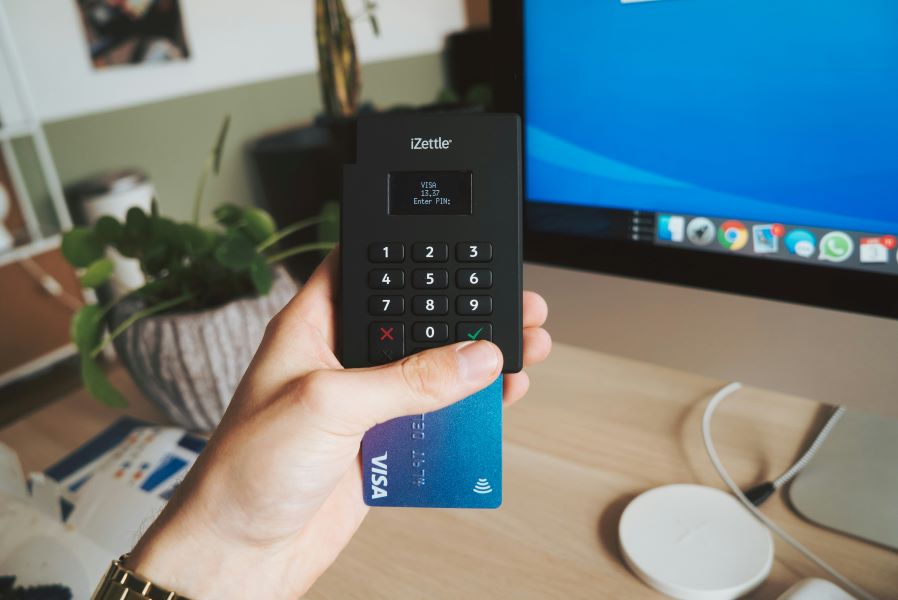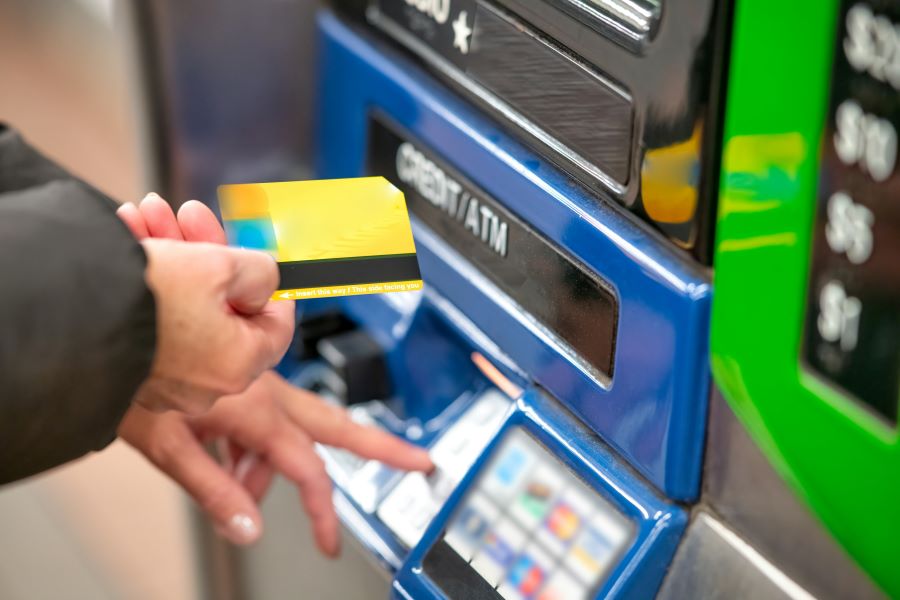In today’s fast-paced world, it’s all too easy for us to miss a credit card payment deadline. However, these oversights can have significant implications, most notably in the form of credit card late payment charges. These charges can quickly add up, impacting our finances and credit scores.
Understanding What Constitutes a Late Payment
A late payment occurs when we fail to pay at least the minimum amount due on our credit card by the payment due date. It’s important to remember that even a single day’s delay can lead to a late payment fee. What might seem like a minor delay can result in a charge that adds to our financial burden!
How Late Payment Charges are Calculated
Credit card issuers typically calculate late payment charges as a percentage of the amount due, with a minimum and maximum limit. This percentage varies between issuers, but the fee can sometimes be as high as ₹1000. Thus, the larger the unpaid amount, the higher the late fee we could incur.
Also Read: Will Credit Score Get Impacted On Closing Credit Cards?
The Impact of Late Payment Charges on Your Finances
Late payment charges can have a significant impact on our finances. Not only do we have to pay an additional fee, but we also risk higher interest rates. Some credit card issuers increase the interest rate, also known as the penalty APR, if we make late payments regularly.
Consequences of Regular Late Payments on Your Credit Score
Regular late payments do not just result in fees; they can also damage our credit score. Late payments are recorded in our credit history, and a poor payment history can lead to a lower credit score. This can affect our ability to get credit in the future.
How to Avoid Late Payment Charges
Avoiding late payment charges requires diligence and good financial practices. Always make sure to pay at least the minimum amount due before the due date. Setting up a direct debit or reminders can help ensure we never miss a payment.
Strategies for Negotiating Late Payment Charges
If we’ve been charged a late payment fee, it might be possible to have it waived, especially if it’s a first-time occurrence. We can contact our credit card issuer, explain the situation, and request a waiver.
The Role of Payment Reminders in Avoiding Late Charges
Setting up payment reminders can be instrumental in avoiding late charges. Most credit card issuers offer text or email reminders. These reminders can help us keep track of our due dates and avoid unnecessary late payment charges.
Also Read: Kisan Credit Card Interest Rate For All Banks
The Importance of Regular Credit Card Repayment
Regular credit card repayments not only help us avoid late payment charges but also contribute to a healthy credit score. It’s crucial to treat our credit card like any other financial commitment and prioritise regular repayments.
As we discussed about credit card charges, how about checking out the Airtel Axis Bank Credit Card that offers multiple benefits to the users. From flexible repayment tenure to low interest rates and much more, this card can be a good choice.
Conclusion: Managing Credit Responsibly to Avoid Late Payment Charges
In conclusion, understanding and managing credit card late payment charges is a crucial aspect of financial health. By making regular repayments, setting up reminders, and understanding our credit card terms, we can avoid these charges and maintain our financial stability.
FAQs-
Q: What happens if I miss a credit card payment?
If you miss a credit card payment, you will likely be charged a late payment fee. Regular missed payments can also lead to higher interest rates and a lower credit score.
Q: How can I avoid late payment charges?
You can avoid late payment charges by paying at least the minimum amount due before the payment due date. Setting up direct debits or payment reminders can also help.
Q: Can late payment charges be waived?
Yes, some credit card issuers might waive a late payment fee, especially if it’s your first late payment. You will need to contact your credit card issuer to request a waiver.
Q: How do late payments affect my credit score?
Late payments are recorded in your credit history and can lead to a lower credit score. A poor payment history can affect your ability to get credit in the future.
Q: What is a penalty APR?
A penalty APR is a higher interest rate that some credit card issuers apply if you make late payments regularly. This can significantly increase the amount of interest you owe.


 Get App
Get App  Airtel Store
Airtel Store  Login
Login 



